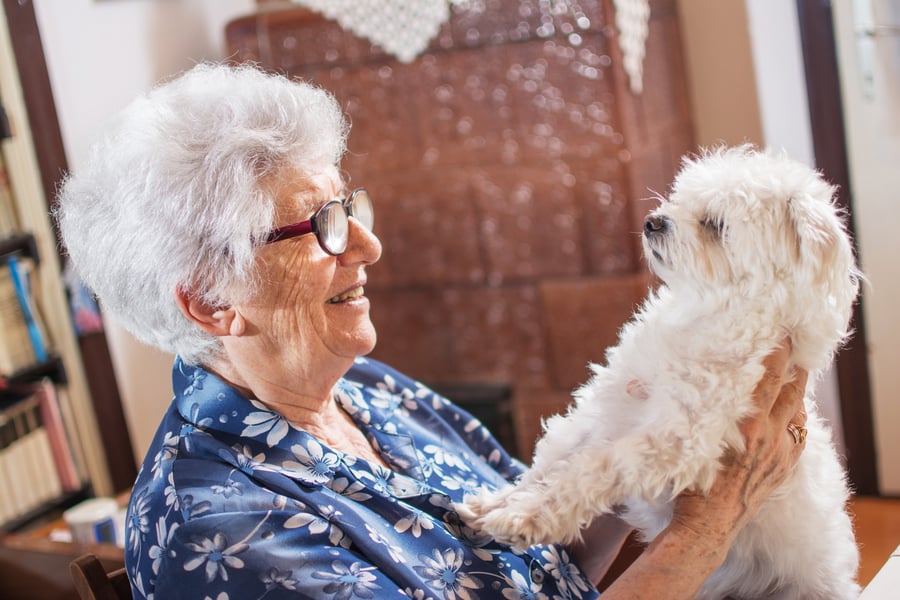

Sometimes wealth managers are tasked with creating financial and estate plans to provide for a client’s extended family. Sometimes that extended family includes a dog, cat or bird.
Maybe even a chimpanzee.
Animal life spans are typically shorter than human ones, so most pet owners assume they'll outlive their pets. However, this is not always the case, which quite often leads people with pets to wonder how they can care for their four-legged family members once they are no longer able to.
Patrick Hicks, head of legal at online estate planner Trust & Will, says there are several avenues an advisor can take to give a client peace of mind regarding their pet’s future care, the first of which is including the pet in a will or trust.
“Appoint a reliable caregiver and leave them a sum of money dedicated to caring for your pet — although leaving them money is not required," Hicks said. "Note that your chosen caregiver will not technically have a legal obligation to care for your furry friend, even if it is explicitly stated in your will.”
Electing a power of attorney is another viable option when it comes to caring for pets after the owner’s passing or incapacitation. Opting for a power of attorney means the client is authorizing another person to handle all of the client’s affairs, including making arrangements for his or her pet.
Another estate planning tool is to create a so-called pet trust, which is similar to including the pet in the client’s will or living trust. The biggest difference, Hicks said, is that whomever you choose to act as your pet’s guardian will have a legal obligation to follow through with the agreement.
“Pet trusts work like this: You appoint a trustee, create a written document of instructions on how exactly to care for your pet, and leave the trustee however much money you believe it will cost to support your pet for the remainder of its life,” he said.
A pet trust fund could be established to ensure there’s sufficient money for grooming, visits to the vet, feeding and boarding costs, end-of-life treatment and burial.
The one legal caveat for those using a pet trust is that the trustee has the option to give the remaining funds to alternate beneficiaries listed in the will in the event that there's excess money in the fund.
And yes, there are occasions when there might be leftover money targeted for pet care. In fact, a lot of it.
American hotel heiress Leona Helmsley tried to disinherit most of her own family, but left $12 million dollars to her dog, Trouble. A judge later reduced Trouble’s inheritance to $2 million, which was a serious cut, but still left more than enough for the pooch to live out the remainder of her life in relative luxury.
Similarly, Michael Jackson reportedly bequeathed $2 million to his chimpanzee Bubbles. Prior to Jackson’s death, however, Bubbles was relocated to an animal sanctuary after exhibiting aggressive behaviors toward Jackson’s baby son. Today, Bubbles is cared for by Jackson’s estate, living out his life at the Florida animal sanctuary Center for Great Apes.

Former Northwestern Mutual advisors join firm for independence.

Executives from LPL Financial, Cresset Partners hired for key roles.

Geopolitical tension has been managed well by the markets.

December cut is still a possiblity.

Canada, China among nations to react to president-elect's comments.
Streamline your outreach with Aidentified's AI-driven solutions
This season’s market volatility: Positioning for rate relief, income growth and the AI rebound
